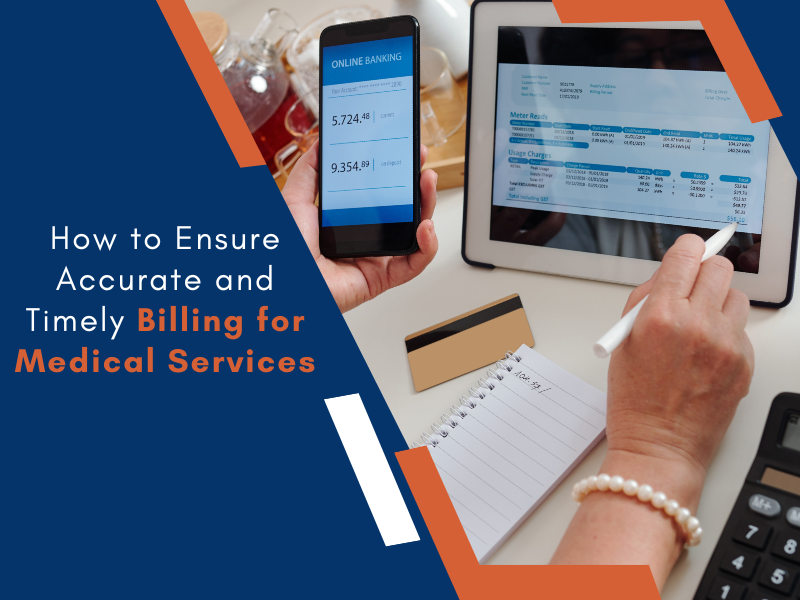Healthcare management is a complex and demanding field, encompassing the responsibility to ensure high-quality care, efficient operations, and adaptability in a rapidly changing landscape. Healthcare management professionals face unique challenges as they strive to deliver effective patient services while balancing administrative, regulatory, and financial pressures. In this blog, we’ll explore the key challenges facing healthcare management today and how effective solutions can help healthcare organizations thrive in these evolving conditions.
1. Managing Rising Healthcare Costs
One of the biggest challenges in healthcare management is the rising cost of care. Healthcare costs are influenced by multiple factors, including the cost of medical equipment, prescription drugs, staff wages, and regulatory compliance. These expenses often result in higher costs for patients, creating a financial burden for both individuals and healthcare providers. Managing these rising costs is a top priority for healthcare leaders, but it requires a strategic approach that involves cost-cutting measures without sacrificing quality care.
Solutions:
Healthcare managers are increasingly turning to value-based care models that prioritize quality over quantity. By focusing on preventive care and managing chronic conditions more effectively, hospitals can reduce unnecessary treatments and lower costs. Additionally, many organizations are outsourcing non-core services, such as billing and administrative tasks, to specialized providers who can perform these tasks more cost-effectively.
2. Navigating Regulatory Changes
Healthcare management professionals must comply with a variety of regulatory requirements. These regulations are essential for patient safety and privacy but can often be overwhelming due to the complex compliance processes. New rules and updates can come from government agencies or industry standards, impacting everything from data security (such as HIPAA) to patient care protocols. Keeping up with these changes and ensuring the organization remains compliant is a continual challenge.
Solutions:
To tackle regulatory issues, healthcare organizations must invest in training programs to keep staff informed about the latest regulations and industry standards. Implementing advanced compliance software also enables healthcare managers to monitor adherence in real-time, reducing the risk of fines and penalties associated with non-compliance.
3. Ensuring Data Security and Privacy
With the adoption of electronic health records (EHRs) and digital tools, data security has become a significant challenge in healthcare management. Healthcare organizations collect and store vast amounts of patient information, making them a prime target for cyberattacks. Any breach in patient data privacy not only threatens the trust of patients but also exposes the organization to legal and financial repercussions.
Solutions:
Healthcare management teams are prioritizing cybersecurity by implementing robust security protocols, including encryption, multi-factor authentication, and regular security audits. Partnering with cybersecurity experts and adopting secure, cloud-based EHR systems can also safeguard sensitive data while enhancing data accessibility for authorized personnel.
4. Addressing Workforce Shortages and Burnout
The healthcare industry faces significant workforce shortages, especially in critical roles such as nursing, primary care, and mental health services. Workforce shortages place additional strain on existing employees, contributing to high levels of burnout. This challenge affects not only patient care quality but also organizational efficiency and employee morale.
Solutions:
Healthcare management professionals are implementing strategies to improve staff retention, such as offering competitive compensation, enhancing career development programs, and creating a supportive workplace culture. Additionally, automation and artificial intelligence (AI) can be leveraged to handle repetitive tasks, allowing healthcare providers to focus on patient care and reduce burnout.
5. Adopting New Technology and Innovation
In an era of rapid technological advancement, healthcare managers face the challenge of integrating new tools and systems that can improve patient care, streamline processes, and increase efficiency. However, implementing new technology often requires significant investment, training, and change management to ensure successful adoption across the organization.
Solutions:
To overcome technology-related challenges, healthcare managers are prioritizing investments in technologies that align with organizational goals, such as telemedicine, remote patient monitoring, and AI-driven analytics. By adopting a phased approach to technology integration and ensuring thorough staff training, healthcare organizations can increase the effectiveness of these tools and minimize disruptions to operations.
6. Maintaining Patient Satisfaction and Quality of Care
Patient satisfaction is a critical component of healthcare management, and it’s essential for building trust and maintaining a positive reputation. However, achieving high levels of patient satisfaction can be challenging in today’s fast-paced healthcare environment. Patients expect personalized, timely, and high-quality care, and any gaps in these areas can affect their overall experience.
Solutions:
Healthcare managers are focusing on improving communication with patients, providing transparency around treatment options, and encouraging patient feedback. Implementing patient-centered care models and utilizing digital tools for patient engagement, such as online appointment scheduling and follow-up reminders, are strategies that enhance patient satisfaction and strengthen the provider-patient relationship.
7. Balancing Quality Care with Cost-Efficiency
Healthcare organizations must balance delivering high-quality care with maintaining financial sustainability. This balancing act is one of the most challenging aspects of healthcare management, as cost-cutting measures can sometimes impact the quality of care.
Solutions:
Healthcare managers are turning to data analytics to make informed decisions about resource allocation, staffing levels, and operational costs. By analyzing data on patient outcomes, service utilization, and cost-effectiveness, healthcare organizations can find opportunities to improve efficiency without compromising care quality. Additionally, partnering with experts in healthcare management solutions, such as outsourced billing and coding providers, helps healthcare leaders focus more on patient care while controlling operational costs.
8. Ensuring Effective Communication Across Departments
In complex healthcare organizations, effective communication between departments is crucial for delivering cohesive and efficient patient care. Poor communication can lead to misunderstandings, errors, and delays in treatment, which ultimately affect patient outcomes and satisfaction.
Solutions:
Healthcare management professionals are implementing collaborative tools and practices to improve communication and coordination across departments. Regular meetings, clear protocols, and efficient digital tools—like secure messaging platforms—enable seamless information sharing, reducing miscommunication and enhancing the overall patient experience.
9. Keeping Up with Patient Demands and Expectations
Patient expectations are higher than ever, with many individuals seeking convenient, personalized care options. Patients today are more informed and actively participate in their healthcare decisions, and they expect easy access to services, fast responses, and high-quality care.
Solutions:
Healthcare managers are increasingly prioritizing patient-centered approaches that emphasize convenience, accessibility, and transparency. Telehealth and online appointment booking are examples of services that align with modern patient expectations. By investing in tools and practices that empower patients to make informed decisions, healthcare organizations can build stronger relationships with their patients and enhance satisfaction.
10. Managing Public Health Crises
Public health crises, like the COVID-19 pandemic, highlight the need for healthcare organizations to be resilient and adaptable. Healthcare managers face the challenge of maintaining regular operations while responding to crises that can strain resources and require rapid adjustments.
Solutions:
To build resilience, healthcare management professionals are developing crisis response plans, which include emergency staffing protocols, remote work capabilities, and partnerships with other healthcare providers. By preparing for potential crises and adopting flexible systems, healthcare organizations can minimize disruption and provide consistent patient care during challenging times.
Apaana Healthcare: Your Partner in Overcoming Healthcare Management Challenges
Navigating the complex world of healthcare management requires expertise, adaptability, and a strategic approach. At Apaana Healthcare, we understand the challenges that healthcare organizations face, and we are here to provide solutions that enhance operational efficiency and improve patient care.
Our global healthcare management solutions include specialized services for health plans, from member enrollment to claims administration, medical billing & coding, and provider engagement. By partnering with Apaana Healthcare, you can count on cost-effective, tailored solutions that support your organization’s success. Let us handle the complexities of healthcare management so you can focus on delivering exceptional care.
Contact Apaana Healthcare today to learn more about how we can help you achieve operational excellence.





